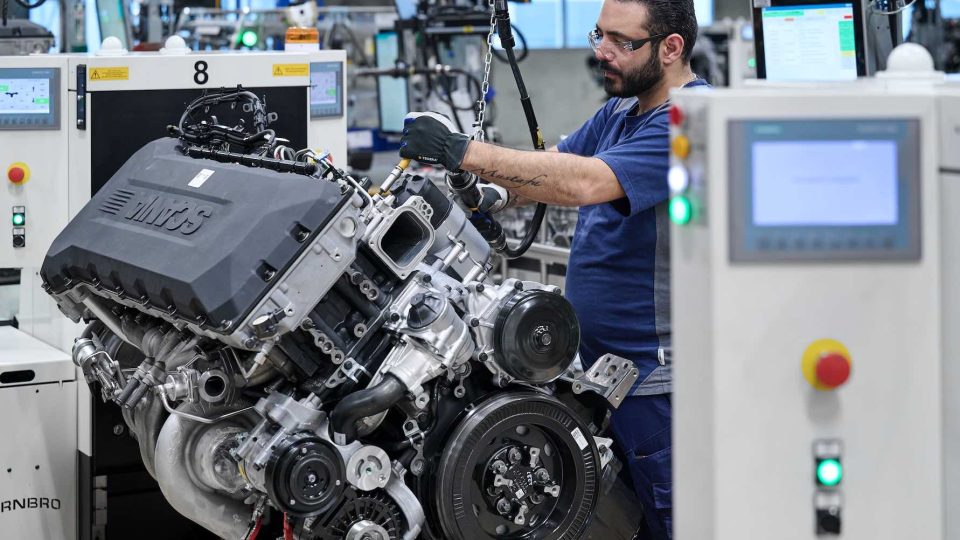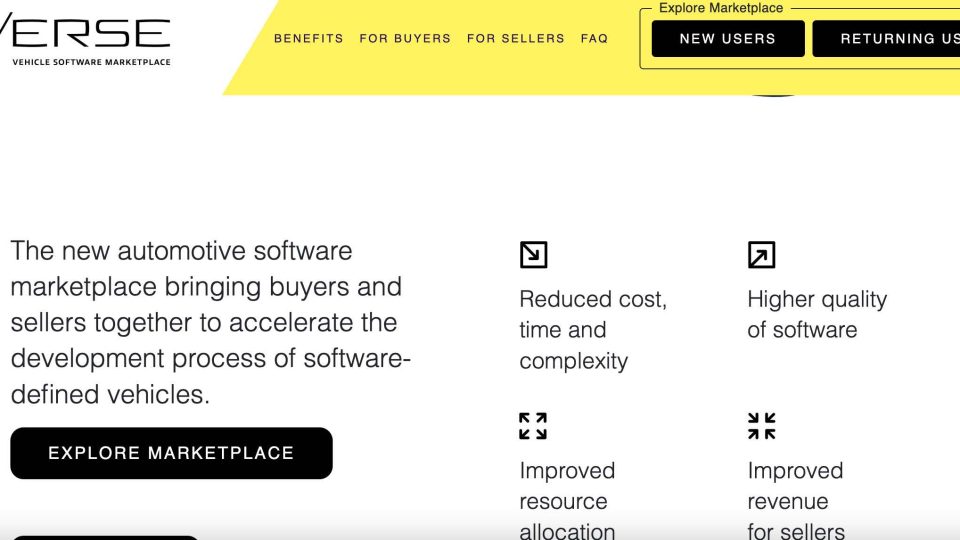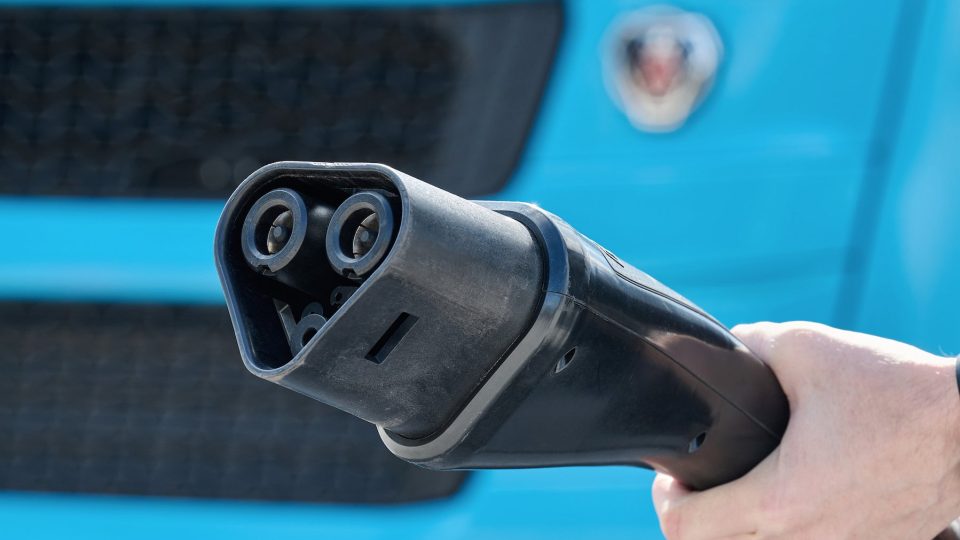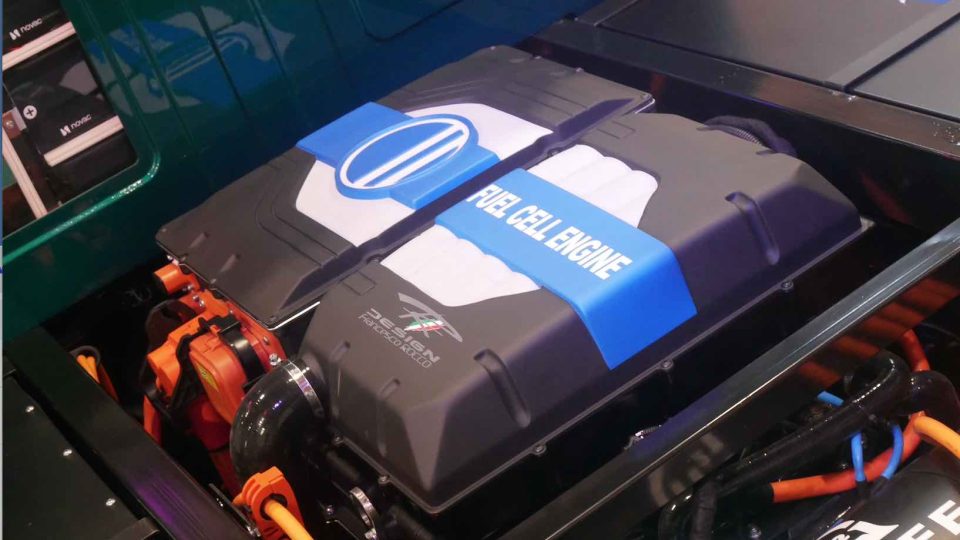UFI FIlters and automotive. For ICE and electric as well
UFI Filters and automotive. More than an application DISCOVER MORE ABOUT UFI MULTITUBE UFI FIlters and automotive, a stable and lasting relationship involving passenger cars and trucks. All with a special consideration for electric vehicles. A couple of examples? UFI Multitube first launched as Original Equipment on high-performing big cylinder engines such as […]
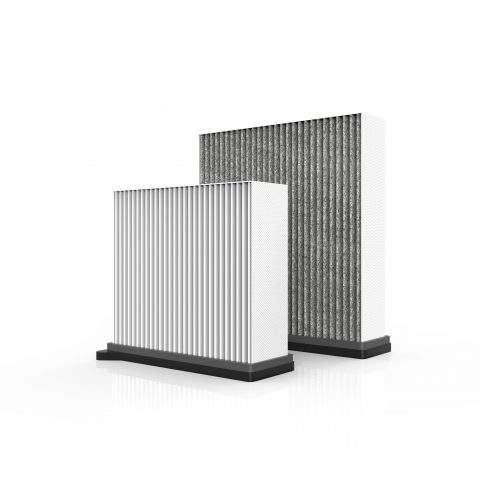
UFI Filters and automotive. More than an application
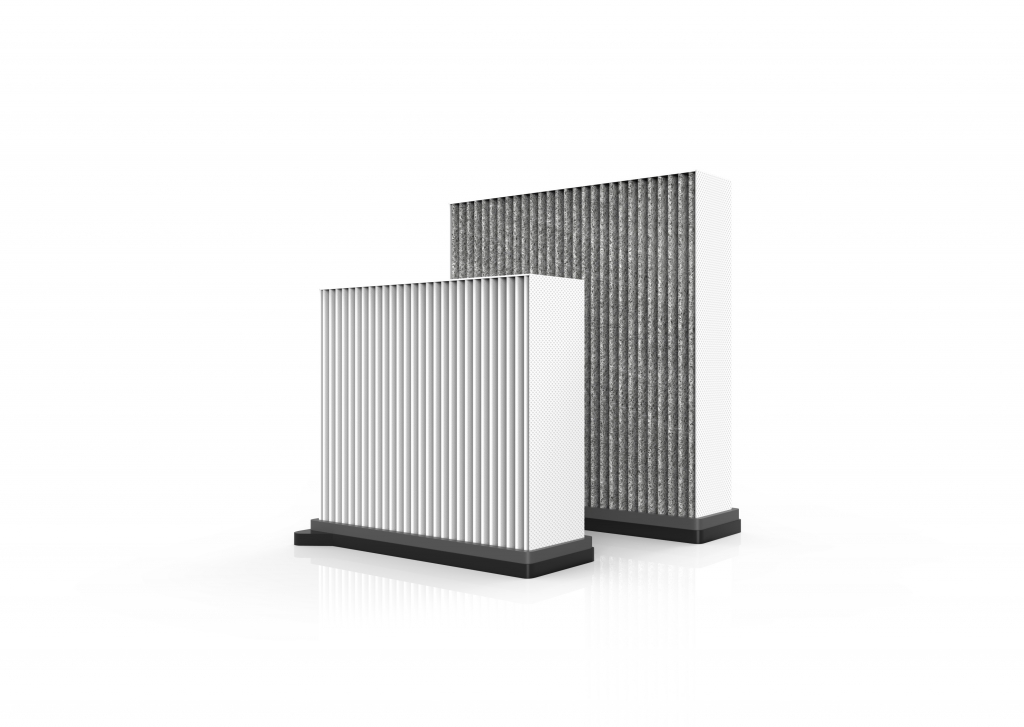
DISCOVER MORE ABOUT UFI MULTITUBE
UFI FIlters and automotive, a stable and lasting relationship involving passenger cars and trucks. All with a special consideration for electric vehicles. A couple of examples? UFI Multitube first launched as Original Equipment on high-performing big cylinder engines such as the Porsche GT2RS. Now it has been incorporated into the special version of the three-cylinder engine FIAT 500 Hybrid Launch Edition.
UFI Filters is going to supply the cooling module (heat exchanger) for the transmission oil of Mercedes Benz Trucks’ electric engine, scheduled to come onto the market in 2021.
UFI FOR EURO6D? YES, ALSO TOGETHER WITH MAN D15 ENGINE
And now let’s switch to aftermarket. This is in line with UFI’s recommendations regarding the expansion of the range of passenger compartment filters.
«The EMEA Aftermarket catalogues of UFI and SOFIMA are constantly updated and currently cover 442 cabin products. 276 are anti-pollen filters produced with a synthetic non-woven fabric that can hold back over 90% of particles with a diameter greater than 2.5 μm, such as dirt and pollen. 166 are filters made of a filtering non-woven fabric combined with active carbon, which also absorbs gases and odours, further protecting the vehicle’s interior. The range offered by the UFI Group has grown significantly over the past three years: 135 new products have been launched for both brands, covering now 98.5% of European vehicles in circulation.
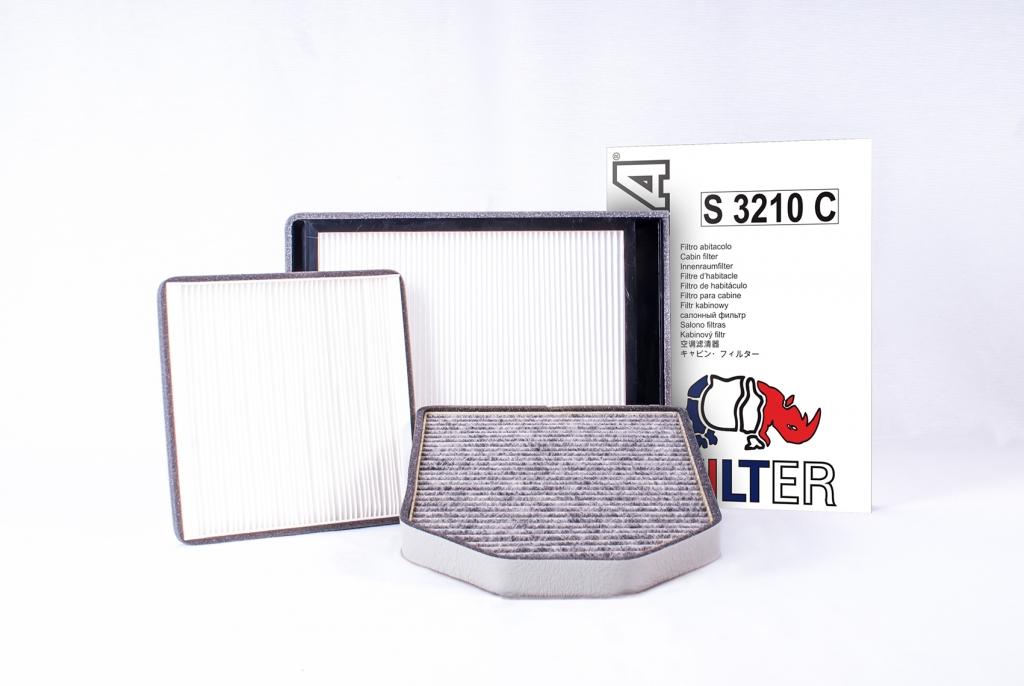
The concentration of dust in the atmosphere and the presence of various harmful particles such as PM10 and PM2.5 varies with weather conditions and geographic location. Levels inside the vehicle can be as high as six times the outdoor level due to the tunnel effect created by the ventilation circuit. The direct effects of poor air quality when driving include allergies, sore throat, sneezing, reduced driver alertness and even poor visibility due to condensation on the windscreen and windows. In order to guarantee ultimate protection against harmful particles and boost the efficiency of the air conditioning system, the UFI Filters Group recommends replacing the air cabin filter regularly: every 15,000 km –even at shorter intervals in particularly dusty areas – or at the latest every 6 to 12 months. This operation is crucial for guaranteeing health and comfort inside the vehicle.»






